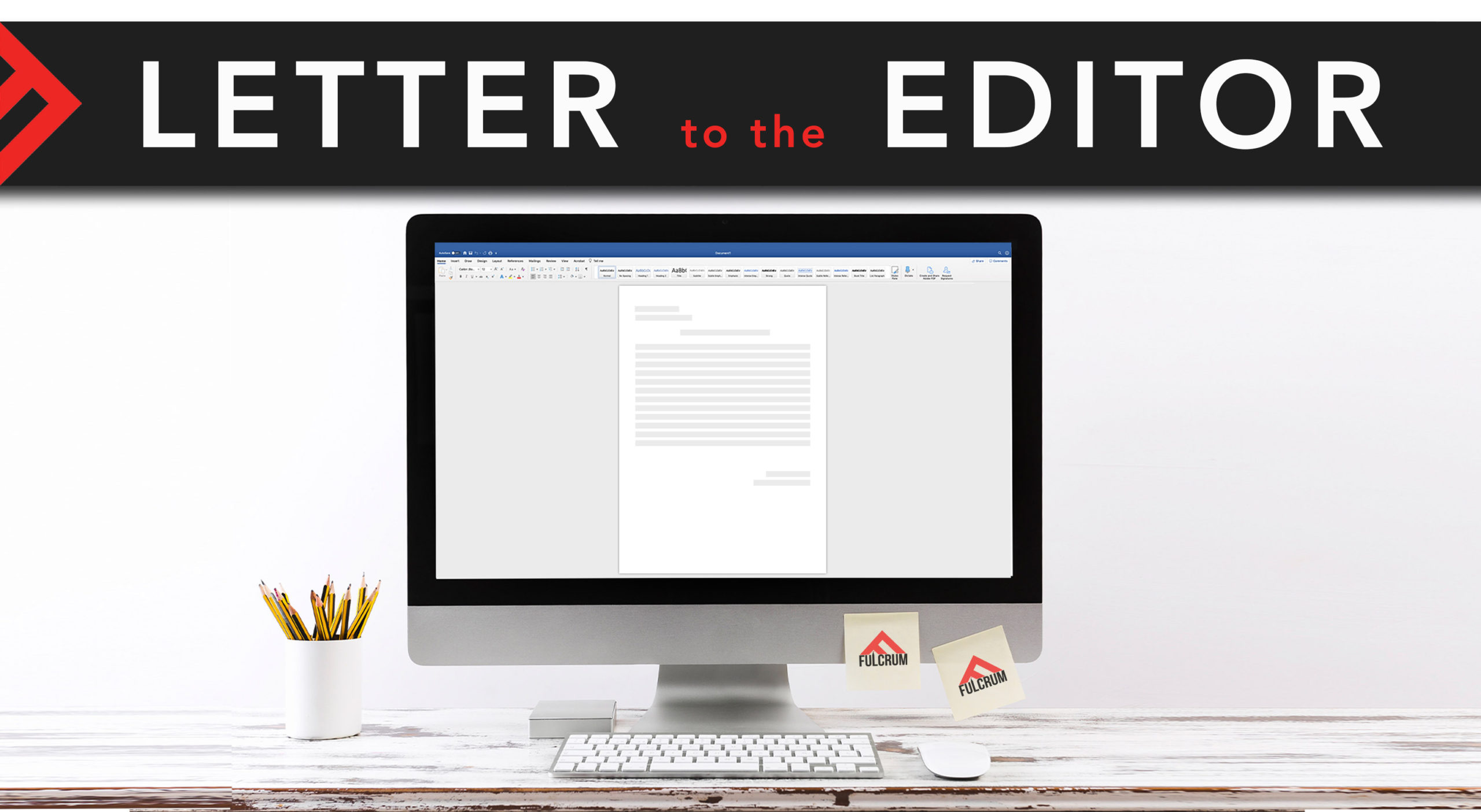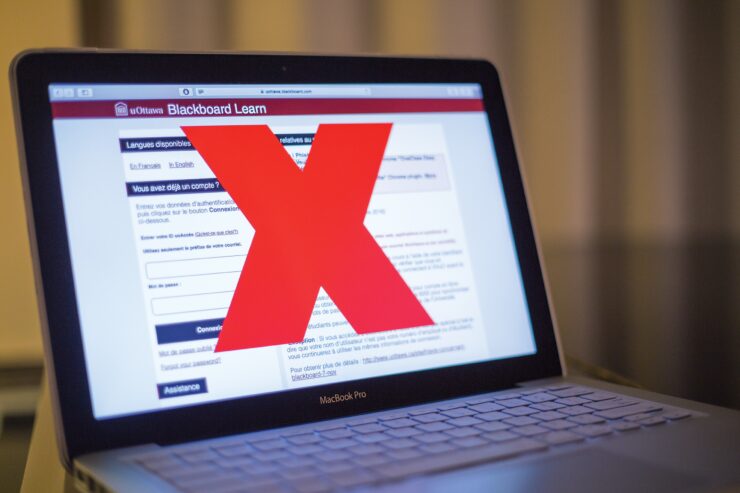Nursing students who researched impact of pandemic on students share tips
Since the beginning of the COVID-19 pandemic, in January 2020, we have experienced toilet paper shortages, moving back in with our parents, spending $15 for hand sanitizer and concern for our own mental health. The world is rapidly changing. As University of Ottawa students completing our undergraduate studies during a global pandemic, we have encountered a new set of challenges that are unique to our cohort; such as physical distancing, online classes, and social isolation.
Through interviewing 10 fellow students regarding their experiences with lifestyle changes, impacts to their mental health as well as how they navigated ever-evolving information and public health guidelines, coping strategies were identified. By sharing these student experiences, we hope to promote a sense of connectedness and community amongst U of O students and support their preparedness going into the next wave.
We started by exploring how each respondent felt with regards to the very first directive by Ottawa Public Health, on March 23, 2020, to restrict social interactions outside of their households and how their day-to-day lives changed. All students reported feeling uncertain and anxious about the near future and the effect of these restrictions on their relationships, studies and living situations. As the majority moved out of their university housing and back in with their parents, many struggled to keep up with their academic obligations and lost daily contact with friends.
Adapting from 150 people lectures, patio hopping and co-op placements to being stuck at home is challenging, so we asked each participant to share their struggles and to highlight how they made efforts to remain resilient in these trying times. Here are some common challenges and proposed solutions that have been identified by our respondents.
Common challenges
- Online classes: Inability to study at the library, lack of information from professors, and changes to the syllabus
- Feelings of guilt and anxiety: Uncertainty and guilt associated with going outside of their homes to meet personal obligations while balancing restrictions, fear of transmitting the virus, and conflict related to differing levels of compliance
- Lack of social connection: Less connection with friends and family, reduced in-person socialization, and cancelled social events
Proposed solutions:
- Online classes: Creating a schedule or an agenda of tasks, dedicated space for studying, connecting with classmates for clarification and support
- Feelings of guilt and anxiety: Conversations with loved ones, implementing safety measures when outside, watching a new TV series, and setting boundaries to protect personal safety and well-being
- Lack of social connection: Virtual meetings, physically distant meet ups, and texting.
Public Health restrictions were relaxed on June 17, 2020 and as expected, all interviewees took advantage of this change and reported feeling less worried, more positive and hopeful as they resumed socializing, gathered on patios and enjoyed picnics in the park with people outside of their households.
Take Two:
After enjoying the summer and the company of our friends, recently we have been re-directed to limit in-person social interactions as case numbers rise in Ottawa. As U of O nursing students currently completing our Community Care placement at Ottawa Public Health with the Emergency Management Team, we wanted to assess the readiness of our peers as they returned to limited interactions.
The results were hopeful, as 9 out of 10 respondents who went home the first time around, felt confident in tackling the rise in cases in Ottawa as they settled in their respective student homes, while learning online for another semester. As the initial feelings of stress and anxiety passed, participants described feeling more prepared, more aware and more confident in their ability to cope with restrictions since they have created new routines around the obstacles of living in a pandemic.
In our interviews and within our own experience we have noticed that the habits acquired back in the spring have prepared us for this season. Bringing a mask along everywhere you go is almost second nature; the classic wallet, keys, phone pocket ‘pat down’ has a new addition. Conversations with friends and family about personal comfort levels with physical distancing are less intimidating, and study habits from last semester’s online exam period, or lack thereof, have prepared us for a more successful semester.
Facing a big challenge where many elements are out of our control can cause a lot of uncertainty. Focusing on the aspects that are within our reach and creating a contingency plan, may help us regain power and ease the tension of an ever-evolving situation.
How can I prepare?
You’ve come to the right place as we are here to help.
1) Reflect: Think about your first experience of limiting social interactions. Ponder on what worked well, what didn’t, and what could be done differently. Keep what helped and implement those strategies moving forward and leave the rest.
2) Plan ahead: Keep your electronics charged and get a backup power source, keep extra food, maintain your social connections, ensure you have a two-week supply of prescriptions and identify your support system and how they can help. This will enable you to meet your immediate needs should you have to isolate or face an additional hazard such as a power outage.
3) Stay social: Some tricks to help with this are virtual alternatives such as video conferencing tools or chrome extensions such as Netflix party. Some interviewees also suggested joining Facebook groups or associations online to feel connected. You can also arrange distance-friendly meet ups such as walks, and 2-meter sit downs.
4) Stay focused: Schedule school time in your calendar or agendas. Organizing virtual study groups with friends and classmates can create a sense of community and enhance productivity.
5) Get moving: Take walks, go on runs, try indoor YouTube workouts, practice yoga or any other activity of your choosing. Physical exercise has been a pivotal component for many of us in terms of our wellbeing. These are effective ways to stay active and add variety to your day-to-day routines.
6) Practice self-care: Listen to music, take a bath, cook a nice meal, journal and/or use applications such as #SelfCare, Insight Timer, or Woebot. As important as it is to schedule time for work, it is also of equal or even of utmost importance to make time for yourself. These strategies build physical and mental health resilience and promote balance. Also, if friends and family are not readily accessible, call someone if you need to talk.
Some phone support resources include:
- The Ottawa Distress Centre Available 24/7.(613) 238-3311,
- Tele Health Ontario: A free, confidential service, speak with a registered nurse. Available 24/7. 1-866-797-000,
- Mental Health Crisis Line: Available 24/7. (613) 772-6914 or 1-866-996-0991.
While none of the respondents shared concerns with alcohol or drug use, sources suggest that substance use may increase during stressful events. The Drugs and Alcohol Helpline (1-800-565-8603) is available 24/7 should someone need it.
A QR code with Ottawa and Gatineau region mental health resources is available below for quick access! We encourage you to keep a copy for yourself or for anyone who may need it.
Conclusion – What have we learned?
Through the information provided by our respondents who generously agreed to share their experiences and ideas, we have learned that preparedness is key to coping in the months to come.
As important as academic success is, remember that your mental and physical health should always come first — particularly during somewhat uncertain times. It’s okay to seek help, and resources are available.
As shown in the shared experiences of fellow U of O students, we are all affected by this virus, and by developing strategies in preparing and adapting for possible events, we can better tackle any obstacle in our way!
Just as in the beautifully written script of High School Musical: “We’re all in this together”.
Mental Health resource QR code:





